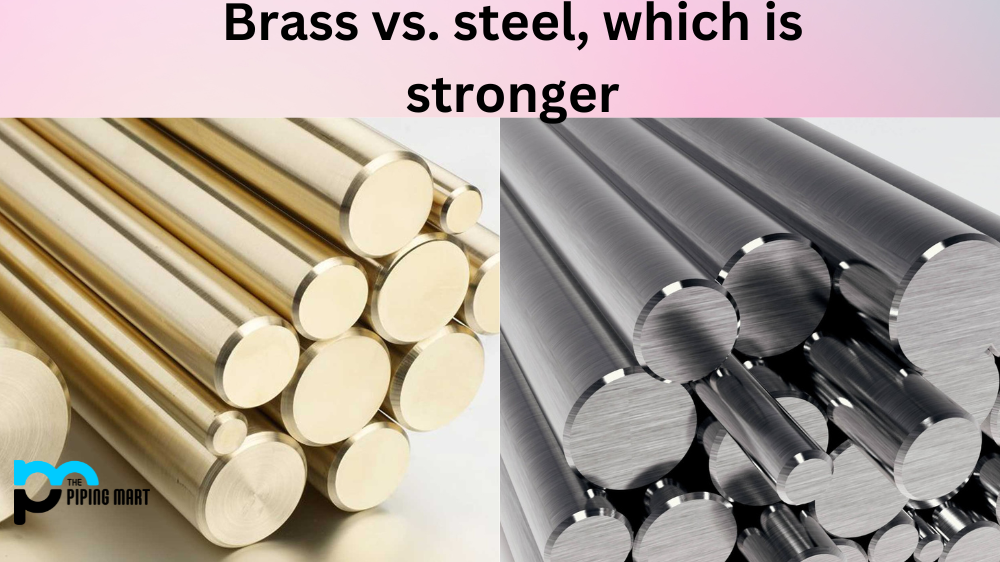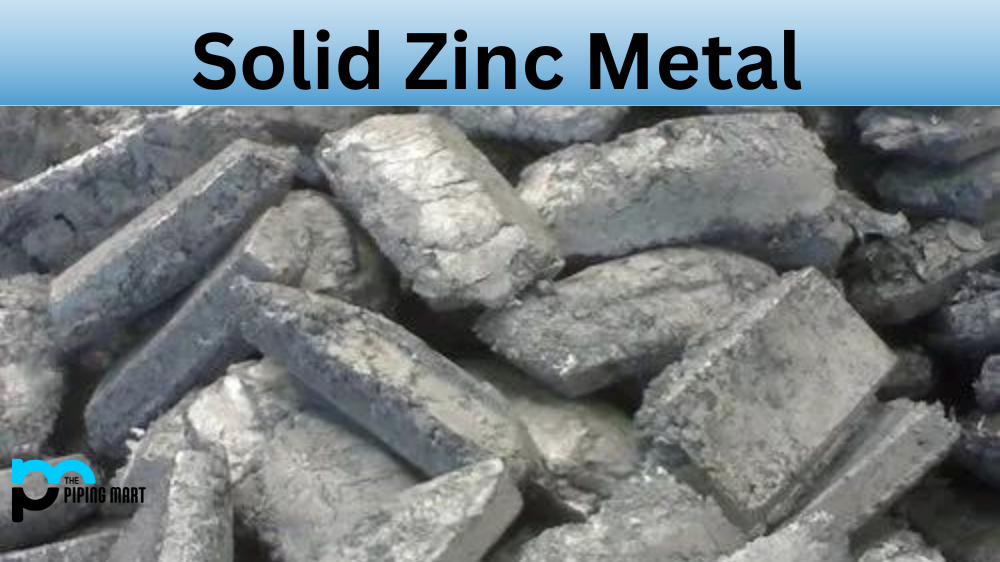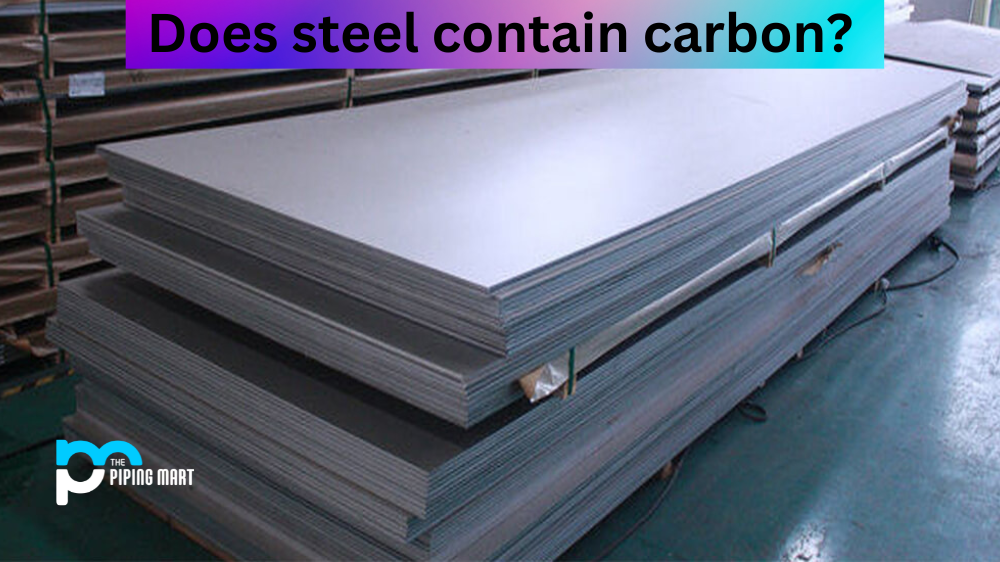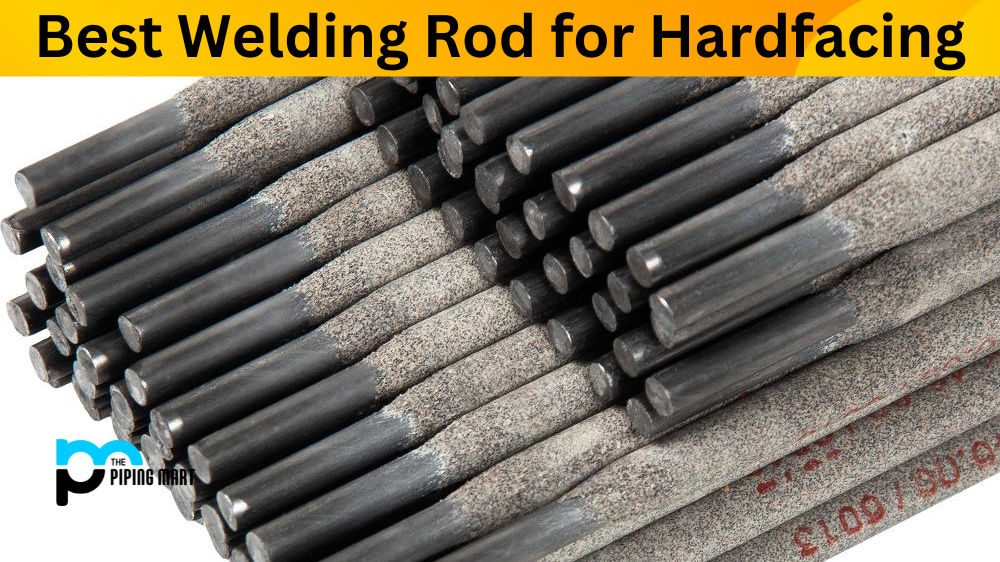In the world of metalworking, brass and steel are two materials that are often compared. Both these metals have their own set of advantages in terms of strength, durability, and malleability. But when it comes to determining which is stronger, which one comes out on top? Let’s take a look at the facts.
Strength Comparison
When comparing the strength of brass and steel, it depends on what type of steel and brass is used. Generally speaking, low-carbon steel has a higher tensile strength than brass alloys, which can withstand more applied force without breaking. However, when talking about hardness (the resistance to indentation or scratching), brass is harder than some types of steel and can be made even harder by heat-treating it through work hardening. This makes brass much more resistant to abrasion and wear than many types of steel.
Density
Brass has a relatively lower density than steel. It is typically about 8.4 g/cm³ vs 7.8-7.9 g/cm³ for Steel, making brass 31% less dense than steel on average, though there are many different alloys and grades of both materials that can affect this ratio significantly. As such, brass is more malleable or ductile, making it ideal for applications that require increased strength to weight ratios like musical instruments and fasteners, whereas steel is stronger and tougher but also heavier in comparison.
Cost Comparison
In terms of cost comparison between these two metals, steel tends to be the cheaper option due to its abundance. Steel can also be recycled from old products and reused for new ones, making it a more economical choice overall. On the other hand, brass tends to be more expensive due to its scarcity and difficulty in obtaining raw material sources for production. However, when considering both the strength and cost factors side-by-side, brass may be worth the extra expense if you need something that will last longer and require less maintenance down the road.
Conductivity
Brass has higher conductivity than steel. The reason behind this is because brass contains copper, which is highly conductive. Additionally, brass typically has a lower resistively compared to steel due to its make-up of copper and zinc alloy providing more ‘free electrons’ for electrical conduction through the material. As a result, it is often used in applications where electrical resistance needs to be low such as switches and wires.
Strength
Brass is a stronger metal than steel. This is because brass is a harder metal than steel. The hardness of a metal is measured on the Mohs scale. On this scale, brass ranks between 3 and 4, while steel ranks between 4 and 5. This means brass is less likely to dent, scratch, or break than steel.
Durability
Brass is also a more durable metal than steel. This is because brass is more resistant to corrosion than steel. Corrosion is the process by which a metal breaks down when exposed to oxygen and water. Brass does not corrode as easily as steel, meaning it will last longer without rusting or tarnishing.
Cost
Brass is typically more expensive than steel. This is because brass is more difficult to mine and process than steel. Also, brass is not as widely used as steel, meaning there is less available on the market.
Appearance
Brass has a more yellow appearance than steel. This is because brass contains more copper than steel. Copper is a red-colored metal that gives brass its yellow hue. On the other hand, steel contains very little copper and has a more silver appearance.
Uses
Brass and steel have different uses due to their different properties. Brass is typically used in musical instruments, plumbing fixtures, and hardware, while steel is used in construction, automotive manufacturing, and machine tools.
Conclusion:
Both brass and steel have their unique strengths depending on what application they’re used for. When deciding between the two metals for your next project or purchase, consider factors such as tensile strength versus hardness and cost efficiency before making your decision. Remember that while steel may appear to be cheaper upfront due to its abundance and recyclability, you could spend more money long-term if you don’t choose a metal that will stand up over time – like brass! Whether you choose steel or brass for your project or purchase should depend on your individual needs!
Meet Heer, a dynamic and driven writer learning tricks of her trade in the metal industry. With a background in Digital Marketing, Heer brings a unique perspective to her writing, sharing valuable insights. Apart from blogging she like reading and hiking.




